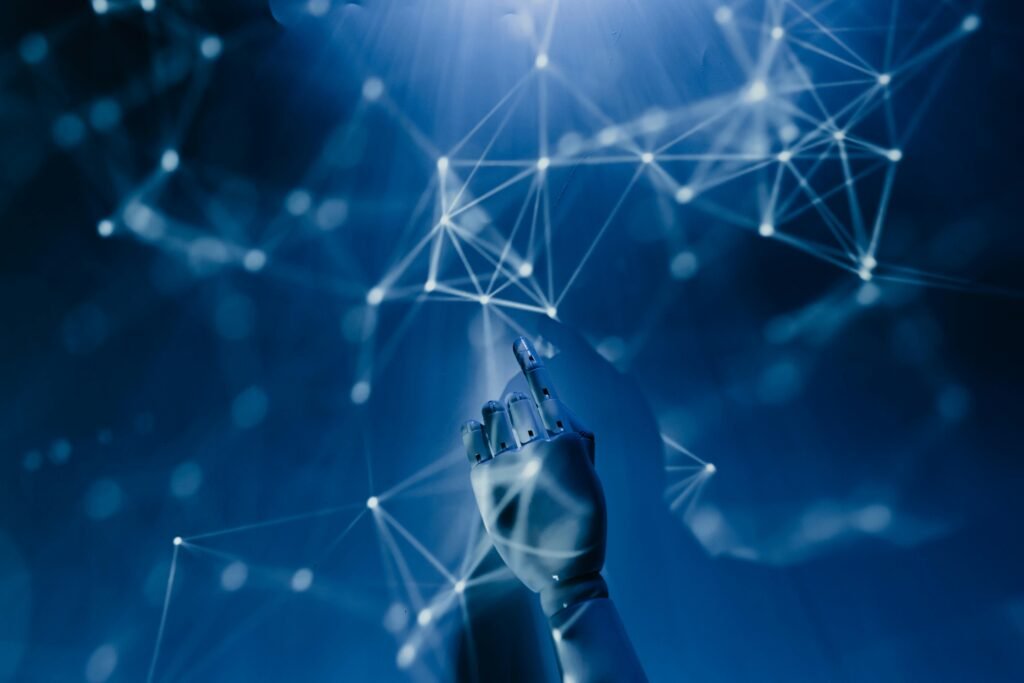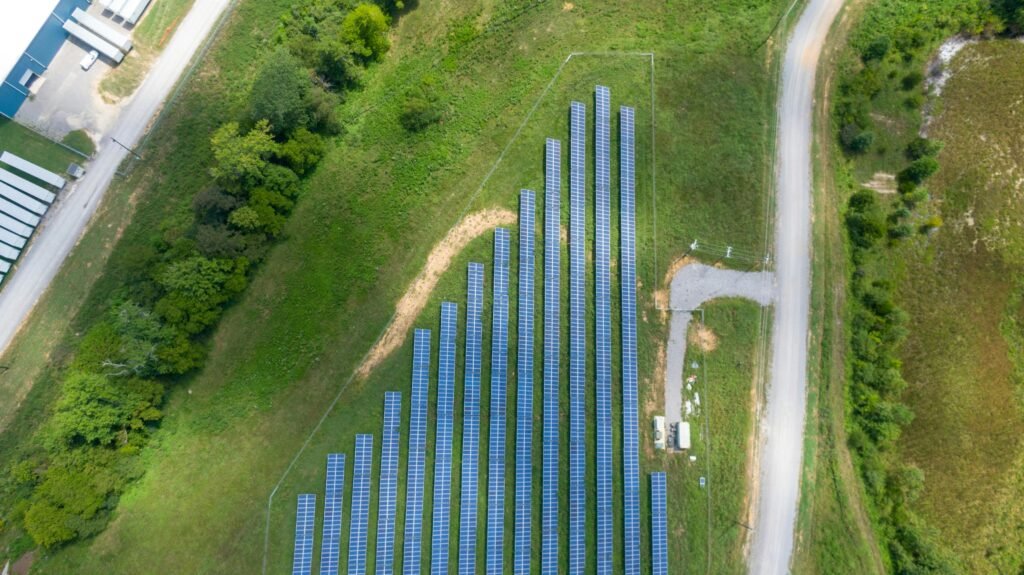Artificial Intelligence (AI) has rapidly evolved from being a futuristic idea to becoming one of the most influential technologies of our era. It is no longer limited to research labs or tech companies; instead, AI has penetrated almost every aspect of human life. Whether it is helping doctors diagnose diseases, improving how students learn, or creating self-driving cars, AI is fundamentally changing the way we live and work.
In this article, we will explore five groundbreaking AI technologies that are shaping human life today and will continue to redefine our future in the coming decades.
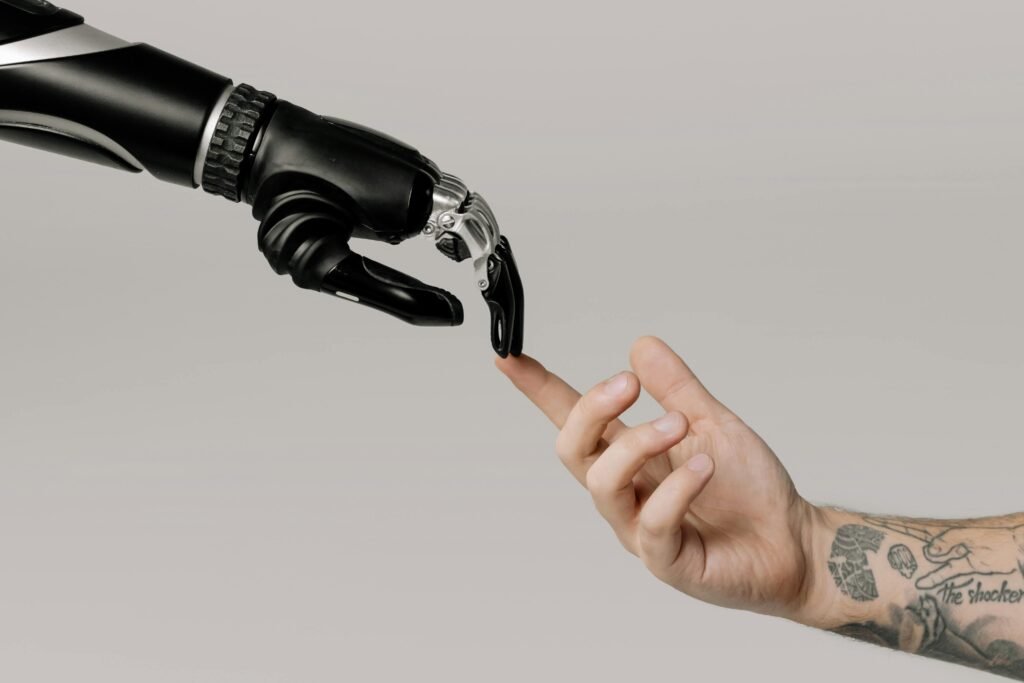
AI in Healthcare: Saving Lives and Improving Access
Healthcare is one of the most critical areas where AI has already proven its value. AI algorithms are capable of analyzing medical data at a speed and accuracy far beyond human capacity. For example, AI-powered systems can detect early signs of cancer from radiology scans, predict cardiovascular problems, and recommend personalized treatment plans.
AI is also making healthcare more accessible. Virtual assistants and chatbots can provide 24/7 medical guidance, answer patient questions, and even schedule appointments. This is particularly valuable in rural or underdeveloped regions where access to doctors is limited.
Furthermore, AI-driven drug discovery has become a game-changer. By analyzing massive biological datasets, AI helps pharmaceutical companies identify promising drug candidates faster, reducing both research costs and the time required to bring new medicines to market. In the future, AI may enable precision medicine, where treatments are customized for each individual’s genetic profile.

Autonomous Vehicles: Redefining Transportation
The dream of autonomous vehicles is no longer science fiction. Companies such as Tesla, Waymo, and Baidu are actively testing self-driving cars that rely on AI technologies like computer vision, deep learning, and real-time data processing. These vehicles are designed to interpret road conditions, recognize obstacles, and make split-second driving decisions.
The potential benefits are enormous. Autonomous vehicles can reduce traffic accidents caused by human error, which accounts for more than 90% of road accidents worldwide. They can also optimize traffic flow, cut down on fuel consumption, and reduce emissions, contributing to more sustainable cities.
Beyond personal vehicles, AI is also transforming logistics and public transportation. Self-driving trucks and delivery drones may soon become a common sight, lowering costs and speeding up supply chains. As adoption grows, we can expect cities to redesign their infrastructure to accommodate autonomous mobility.
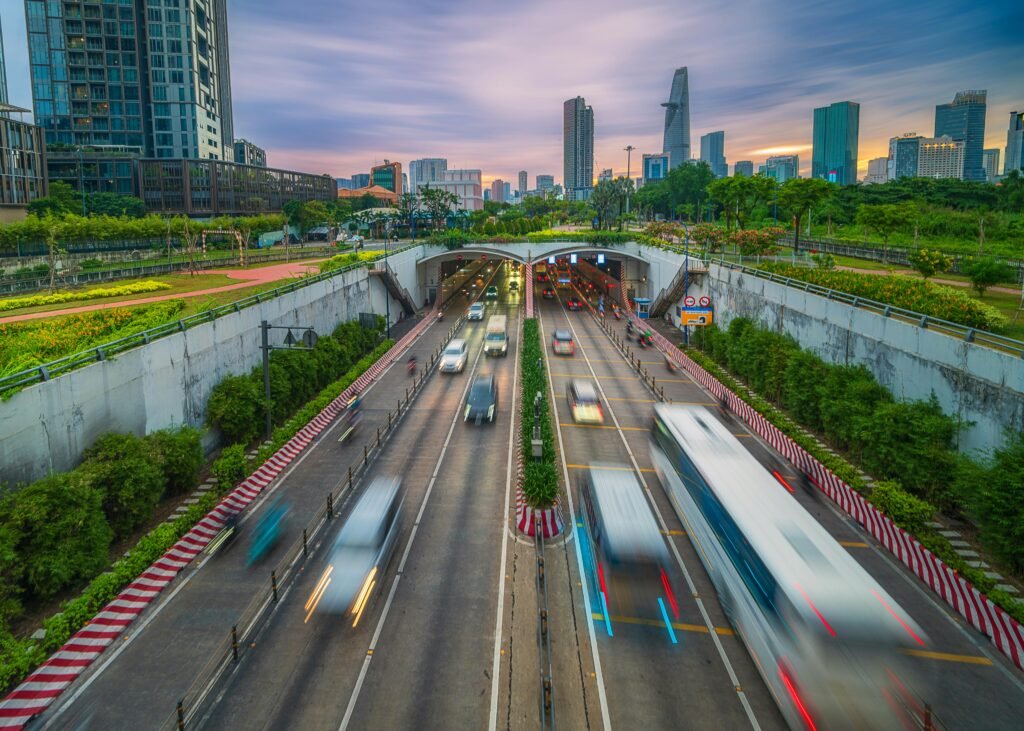
Smart Homes and Personal Assistants: Living with AI Every Day
AI is increasingly becoming part of our daily routines through smart homes and digital assistants. Devices like Amazon Alexa, Google Assistant, and Apple Siri are now household names, helping millions of people manage their daily tasks. With just a voice command, users can control lights, adjust thermostats, or even order groceries online.
Smart home systems powered by AI can learn from user behavior. For example, a thermostat can automatically adjust room temperature based on past preferences, or a security system can identify unusual activities and send real-time alerts. These innovations not only make homes more convenient but also improve energy efficiency and safety.
Looking ahead, smart homes may evolve into fully autonomous living spaces, where AI systems predict needs before users even express them. Imagine a home that prepares your morning coffee, manages your energy consumption, and alerts you about potential maintenance issues—all without human intervention.
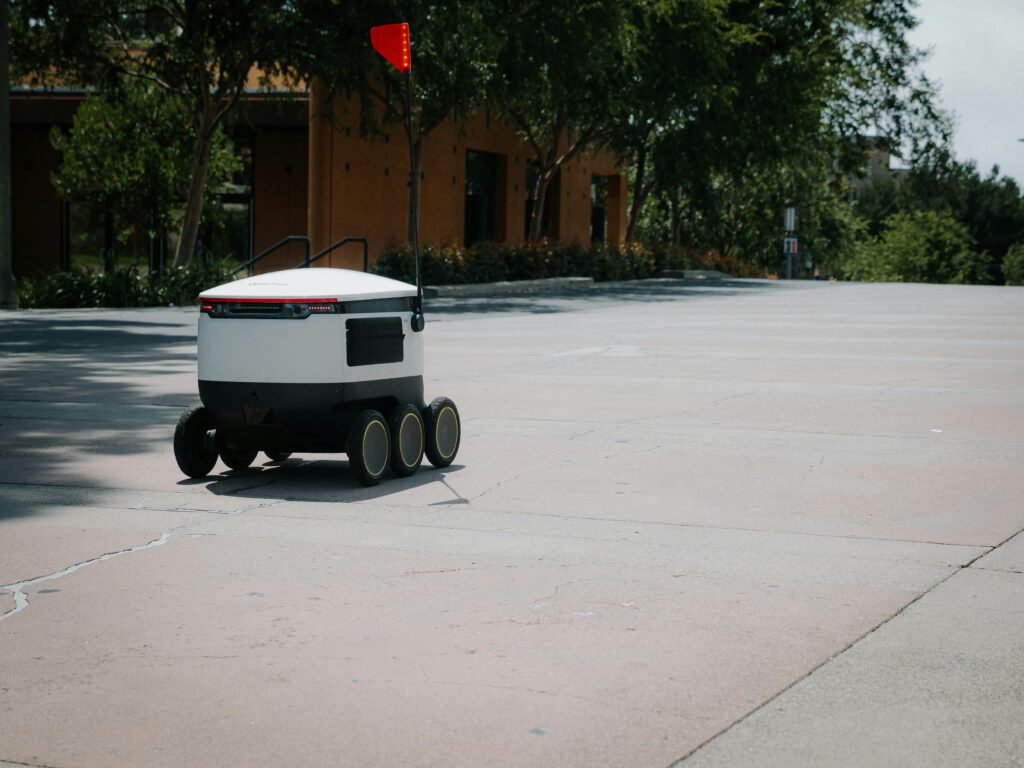
AI in Education: Personalizing Learning for All
Education is another sector undergoing rapid transformation due to AI. Traditional classrooms often struggle with the challenge of addressing the different learning speeds and styles of students. AI solves this problem by providing personalized learning experiences.
Adaptive learning platforms use AI algorithms to track student performance and adjust lessons accordingly. If a student struggles with math but excels in language, the system will allocate more practice problems in math while keeping language lessons engaging and challenging.
AI-powered translation tools are also breaking language barriers, enabling students around the world to access content in their native languages. Additionally, teachers benefit from AI by automating grading, generating insights into student progress, and even predicting which students may need extra support.
The future of education will likely see AI acting as both a tutor and a teaching assistant, offering customized content and helping educators focus on creativity, problem-solving, and mentorship.
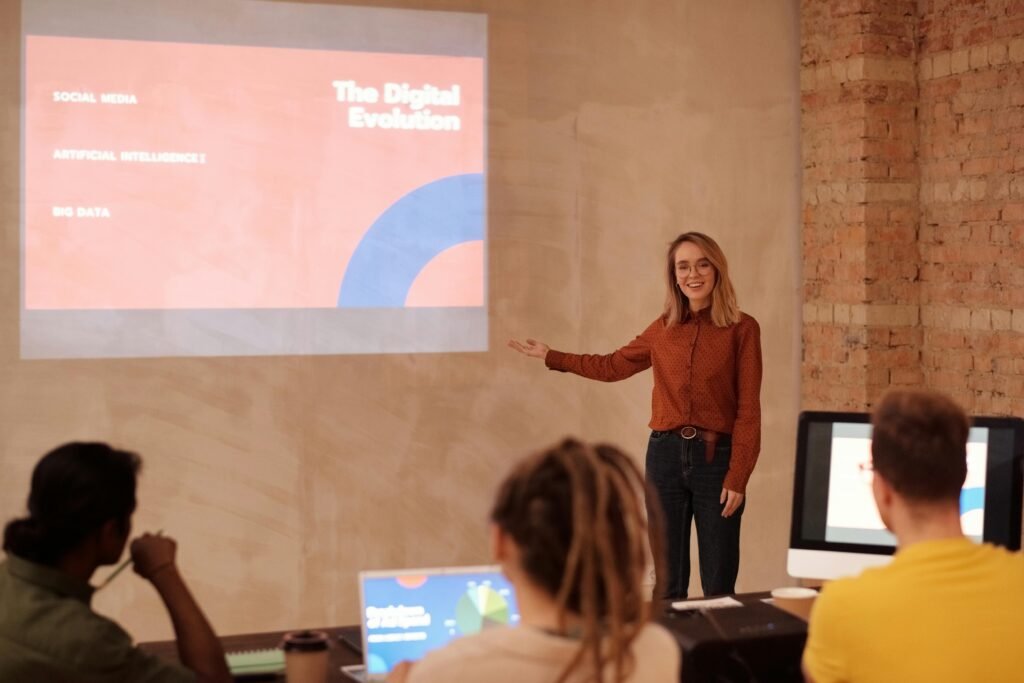
Generative AI and Creativity: Expanding Human Potential
Perhaps the most surprising area of AI development is creativity. Generative AI technologies, such as ChatGPT for language, DALL·E for art, and Jukebox for music, have shown that AI is capable of producing text, images, and sounds that rival human creations.
Writers can use AI tools to draft articles, brainstorm ideas, or edit text. Designers and artists can generate unique visuals with AI assistance, while musicians can explore new compositions with AI-powered tools. This does not mean AI will replace human creativity, but rather that it will act as a powerful collaborator.
For businesses, generative AI is already changing marketing, design, and customer service. For individuals, it opens up creative opportunities for those who may not have traditional artistic training but want to express themselves in new ways.

Conclusion: Balancing Innovation with Responsibility
The five AI technologies—healthcare, autonomous vehicles, smart homes, education, and generative creativity—represent just a fraction of AI’s potential. As these systems continue to evolve, they will reshape industries, economies, and societies.
However, rapid adoption also raises important questions. How do we ensure data privacy? How do we prevent AI systems from reinforcing bias? How do we balance efficiency with human values? These ethical challenges must be addressed to ensure that AI serves humanity responsibly.
Artificial Intelligence is not just a tool of convenience; it is a transformative force that will define the future of human civilization. The way we prepare, adapt, and regulate AI today will determine whether it becomes humanity’s greatest ally—or its most challenging obstacle.

